Authentic Sustainability Assessment
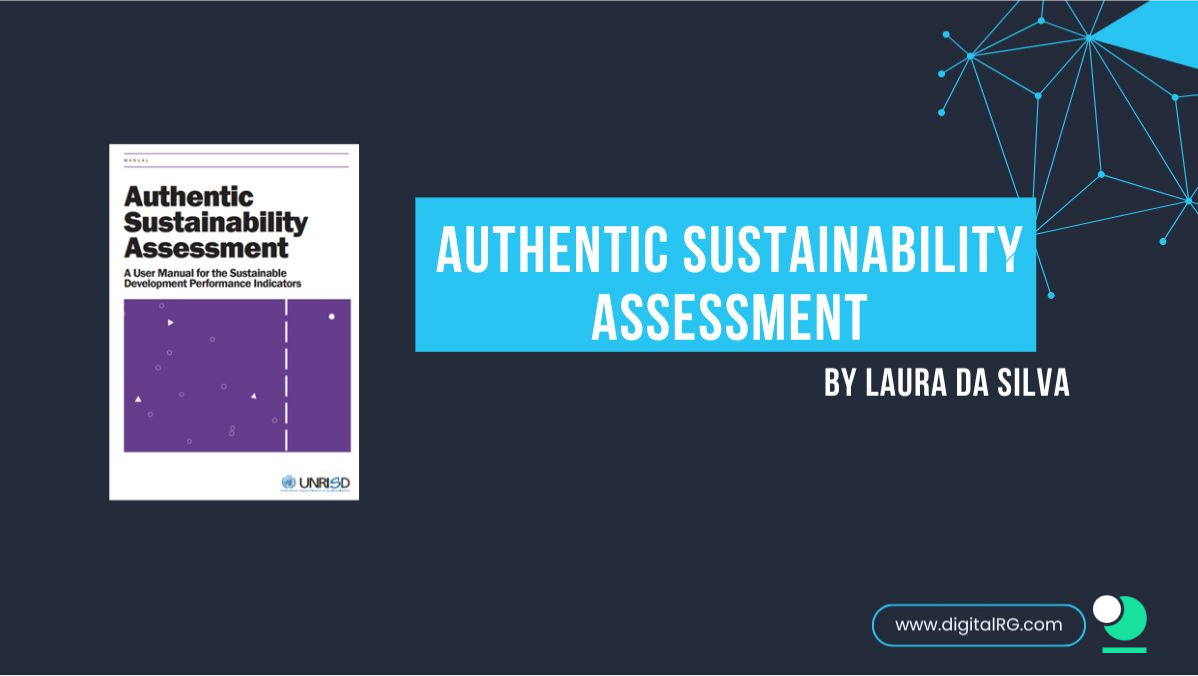
Authentic Sustainability Assessment
We often feel conflicted when working with clients on sustainability reporting. Many do understand that it's not an end in itself, but a tool to help further impact improvement. But, unfortunately, the majority do not. Many see reporting as a way to shout about the great things the company has achieved, often forgetting the the broader context or more devastating hidden impact their companies may have.
At DigitalRG, we are not a communication agency. We do not care about our clients looking good. We care about them being/doing good. We care about them improving. We care about impact. But impact is indeed hard to measure.
This is why it's great to see the "Authentic Sustainability Assessment" manual finally coming out. We encourage all to review the manual. Do get in touch if you'd like to discuss, we'd love to hear your thoughts on how you may start using the manual in your own company. For now, here's an extract and a link on where to find it.
Extract:
"Measuring the sustainability performance of economic entities—i.e. their positive and negative impacts on resources that are vital for the well-being of beings on the planet and the planet itself— has proved a challenging task. Despite improvements in sustainability measurement and disclosure over several decades, current indicators, methodologies and reporting models still fail to provide an adequate basis for assessing impacts related to socio-economic, governance and environmental dimensions of sustainable development. Several blind spots that render sustainability reporting ineffective need to be addressed to create meaningful assessments. Reporting overload and an excessive number of indicators are also problematic. (...) In September 2018, in partnership with the Center for Social Value Enhancement Studies (CSES) and multistakeholder platform r3.0, UNRISD commenced a four-year project to address these issues. The project’s aim was to develop methodologies and indicators to meaningfully measure and evaluate the performance of a broad range of economic entities in relation to the vision and goals of the 2030 Agenda for Sustainable Development. This Manual presents the main findings, including new methodologies and indicators from the project that address the blind spots of conventional measurement and reporting models. Key interventions in this regard include highlighting the importance of trend analysis to indicate the trajectory of change of reported performance over a longer period and context-based reporting to measure past and current performance relative to norms and thresholds consistent with the notion of sustainable development. In Part 1, the Manual outlines the issues, indicators and targets that should figure far more centrally in sustainability disclosure and reporting if accounting is to facilitate the type of transformative change needed to realise the 2030 Agenda. Part 2 presents a two-tiered framework comprised of 61 indicators for measuring and assessing sustainability performance and progress at the organizational level. Each indicator includes a definition, a description of how the indicator is contextualized, and its relevance to the SDGs."
Ilcheong Yi, Samuel Bruelisauer, Peter Utting, Mark McElroy, Marguerite Mendell, Sonja Novkovic and Zhen Lee. 2022. Authentic Sustainability Assessment: A User Manual for the Sustainable Development Performance Indicators. Geneva, UNRISD.
ISBN 978 92 9085 131 8
Source Link.
November 2022
Category
Other Blogs
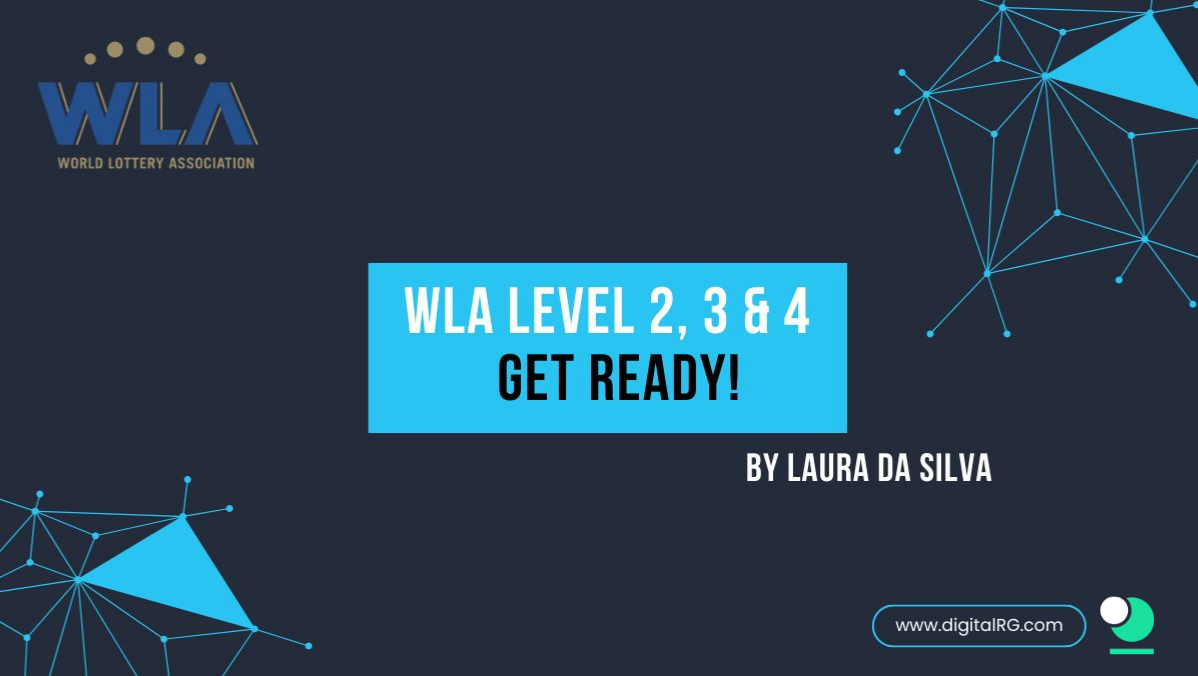
October 10, 2022
Don’t take chances at your WLA RG certification
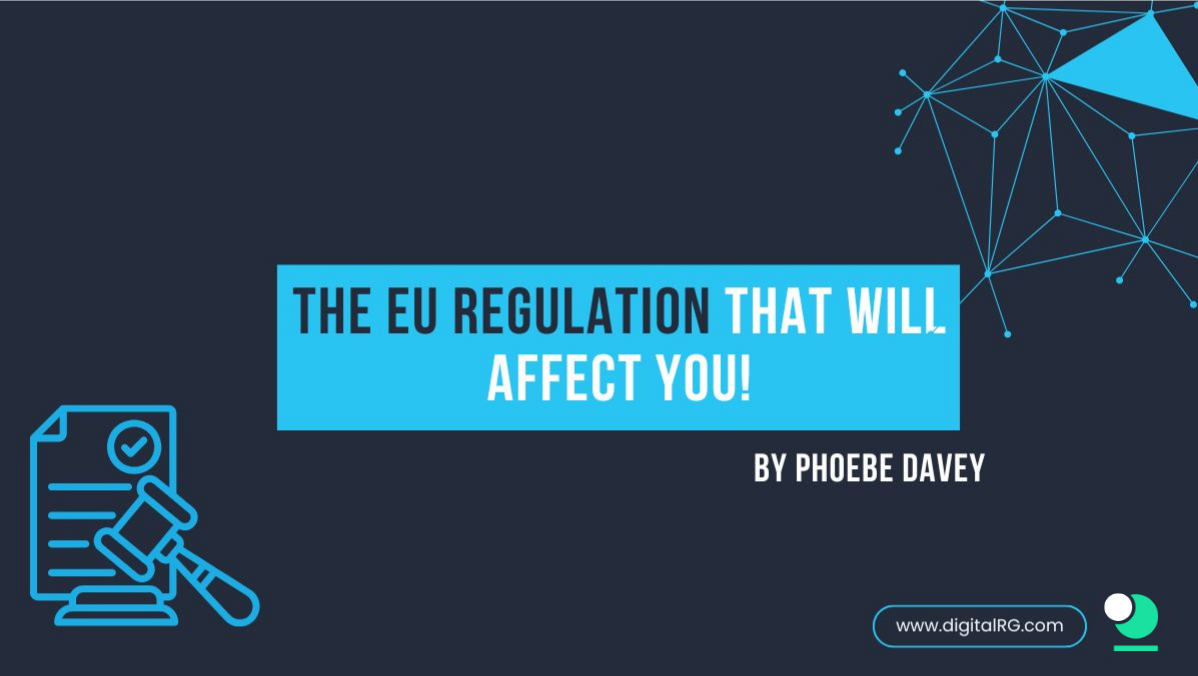
September 27, 2022
The EU Regulation that Will Affect You!
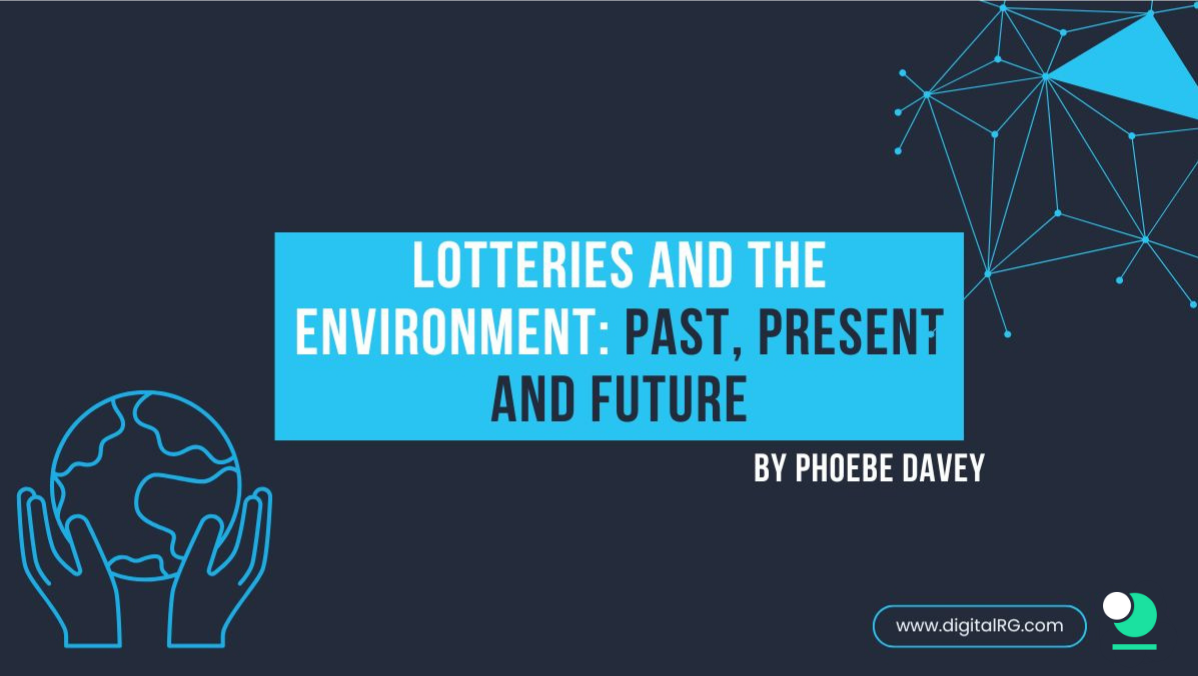
September 27, 2022
Lotteries and the Environment: Past, Present and Future
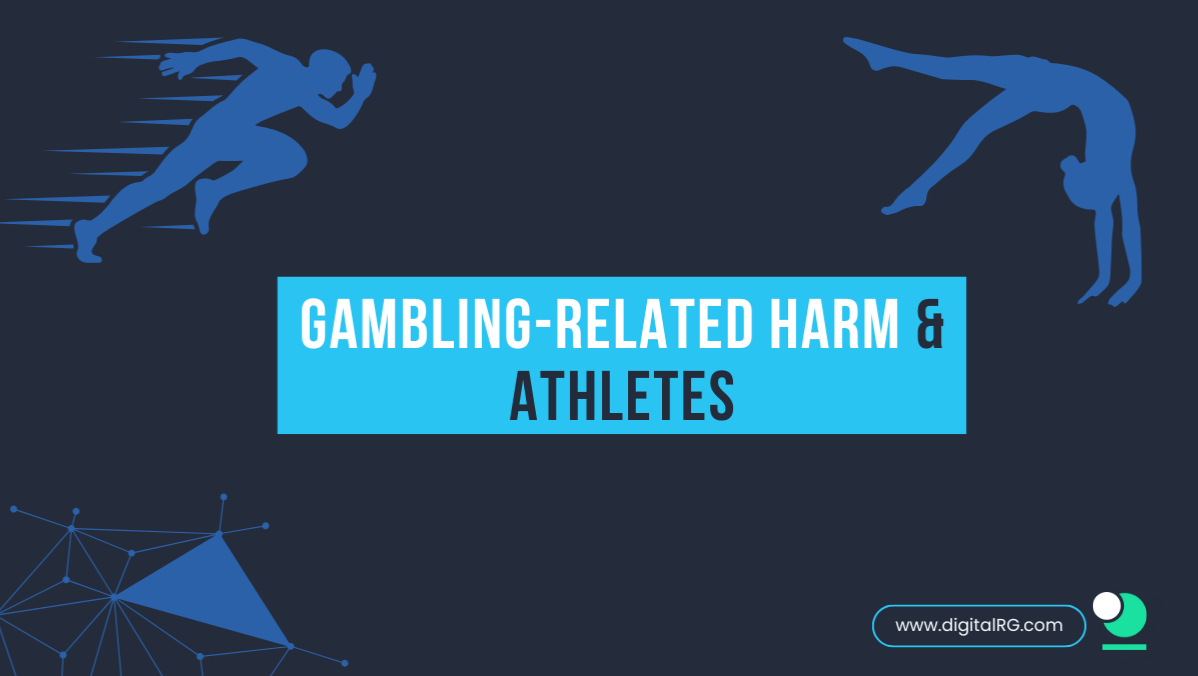
September 23, 2022
Gambling-Related Harm & Athletes

January 20, 2026
Mystery Shopping en point de vente

January 20, 2026
Mystery Shopping no Varejo
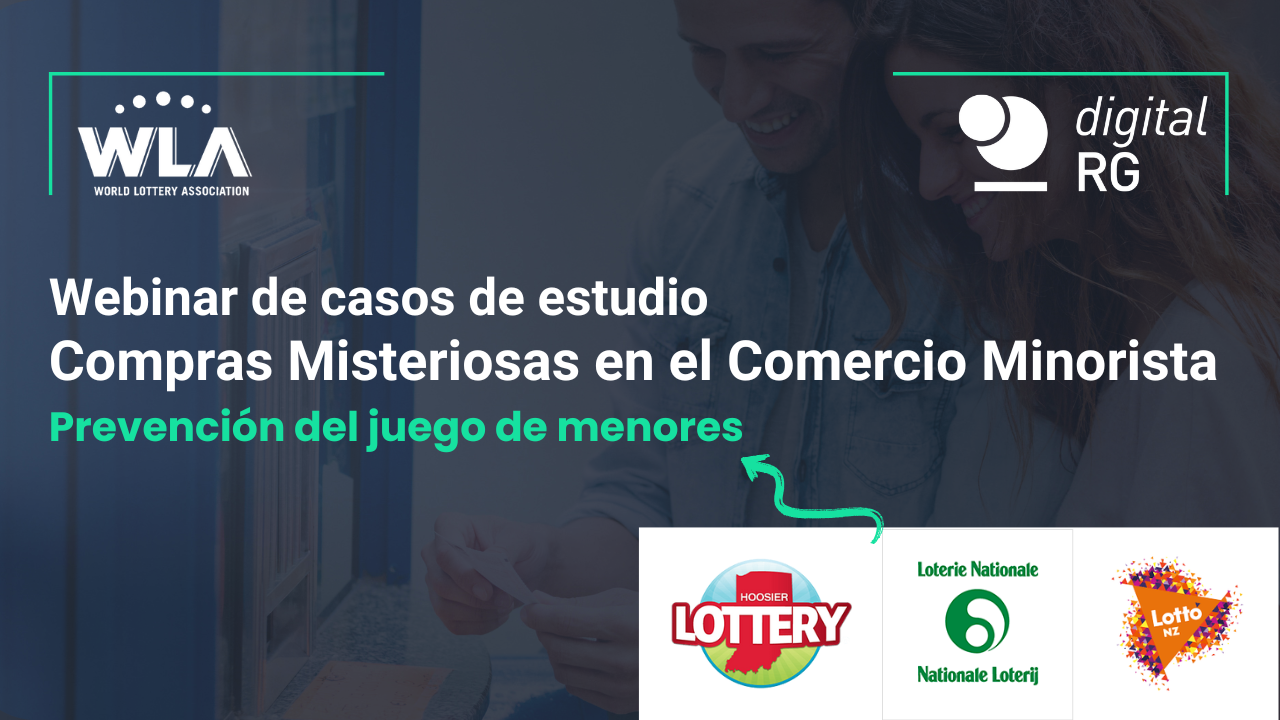
January 20, 2026
Compras Misteriosas en el Comercio Minorista
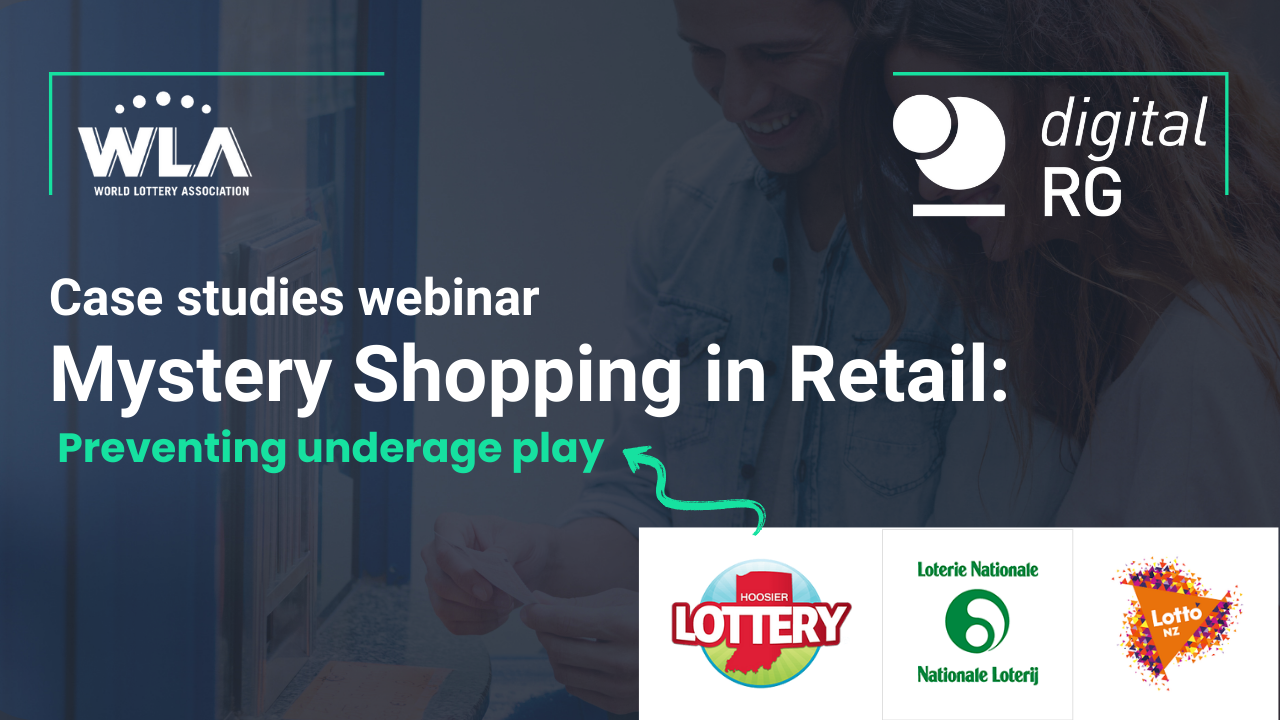
January 15, 2026
Retail Mystery Shopping: Strengthening Age Controls and Responsible Sales at the Point of Sale


